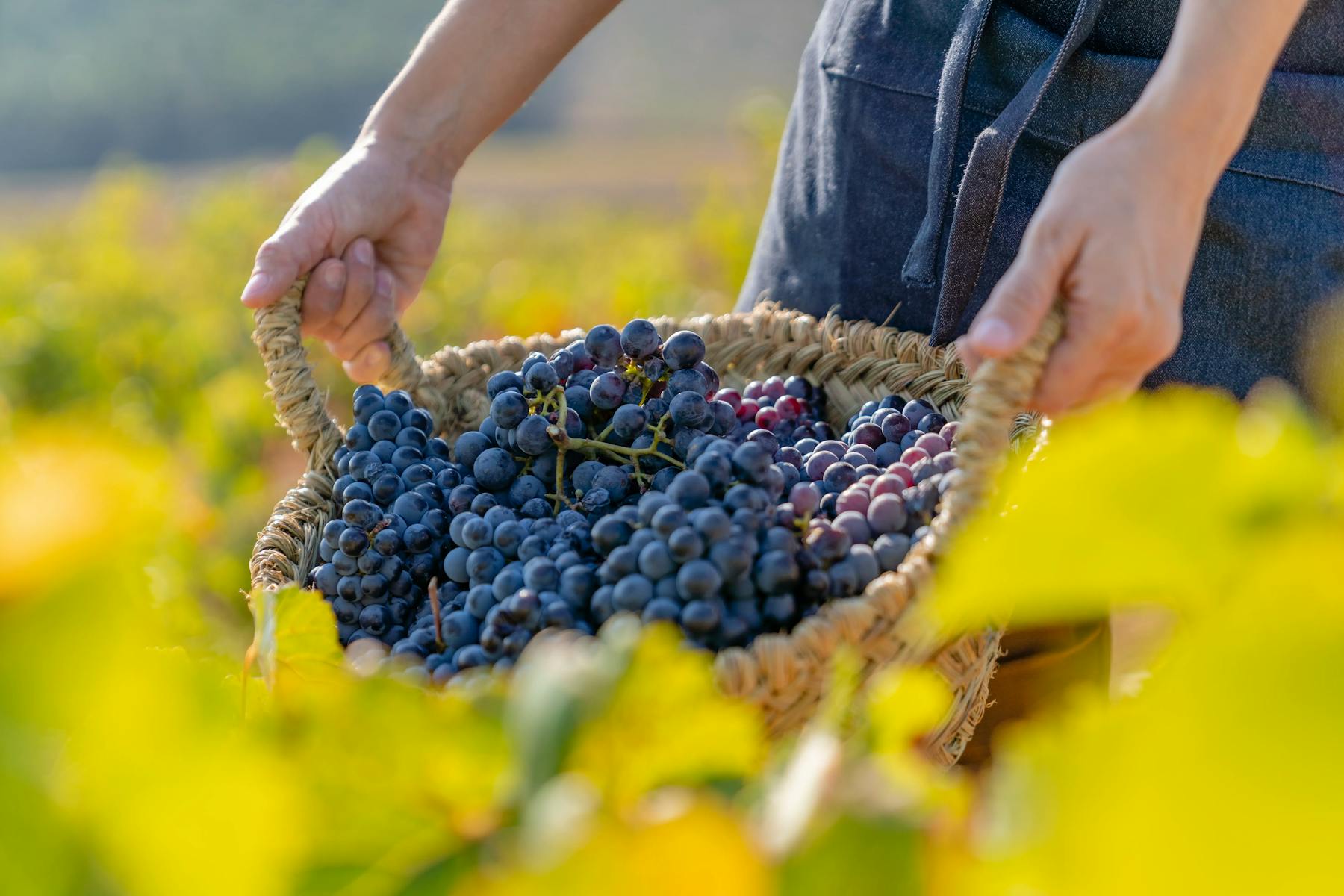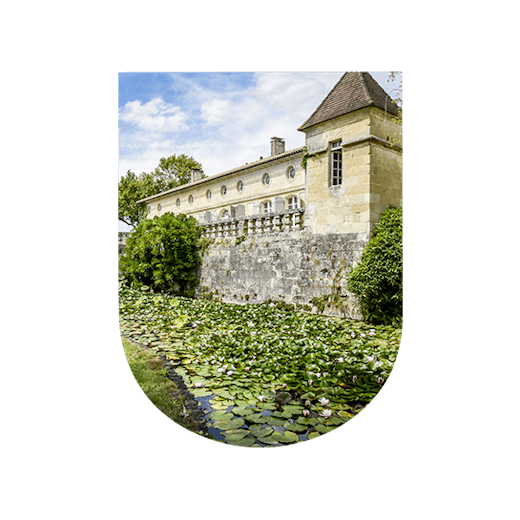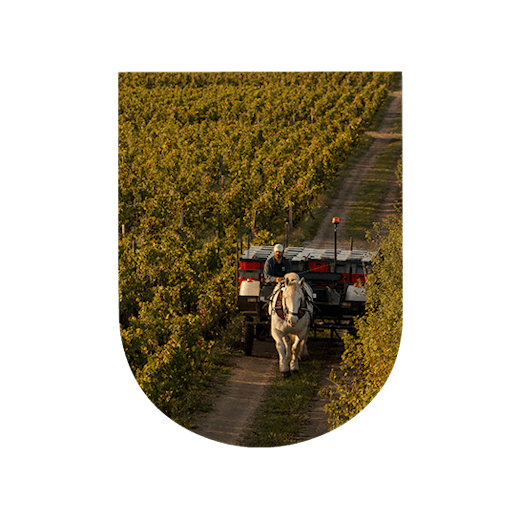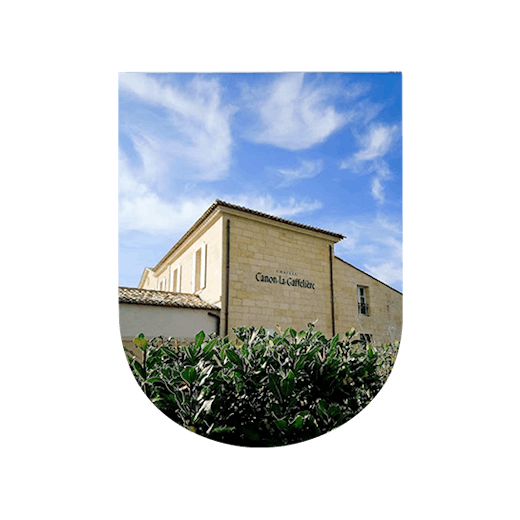- Wine world
Everything you need to know about organic wine
- Tue, Sep 24, 2024 at 18:00

What is organic wine?
Organic wine is produced from grapes grown using organic methods, i.e. without the use of synthetic chemicals such as pesticides, herbicides and chemical fertilizers. Instead, organic winemakers use natural practices to protect and nourish the vines, promoting biodiversity and soil health.
For a wine to be certified organic, it must meet strict standards set by certification bodies such as Ecocert or AB (Agriculture Biologique) in France. These standards guarantee not only the absence of chemicals, but also the sustainable management of natural resources and respect for ecological balances.
Discover the differences between organic and biodynamic wine
The benefits of organic wine
How to identify a good organic wine?
-
Check certifications
To be sure you're buying a genuine organic wine, look for the certification labels on the label. In France, AB and Ecocert are the most widely recognized certifications. These labels guarantee that the wine complies with organic farming standards.
-
Examine the provenance
Where a wine comes from can also be a good indicator of its quality. Regions renowned for their organic viticulture, such as Languedoc, Provence and the Rhône Valley, often offer high-quality wines. Producers in these regions often have a long tradition of respect for the environment.
-
Read reviews and opinions
Consult expert reviews and opinions, as well as feedback from other consumers, for information on wine quality. Specialized sites, forums, wine blogs or even apps such as Vivino can provide useful recommendations.
Bordeaux châteaux committed to organic viticulture
Château Beauregard
Located in Pomerol, this historic estate has opted for organic farming, with a focus on sustainable management of its vineyards. Château Beauregard produces authentic wines that respect the environment, while maintaining the quality and reputation of its terroir.

Château Pontet-Canet
In Pauillac, Château Pontet-Canet has set the standard with its conversion to organic and biodynamic viticulture. This estate makes a point of preserving its terroir while producing wines of remarkable purity, illustrating the beneficial effect of organic methods on wine quality.

Château Canon La Gaffelière
The first grand cru classé in Saint-Émilion to obtain Organic Agriculture certification in 2014, Château Canon La Gaffelière, under the management of Stephan von Neipperg, combines innovation and tradition. Thanks to its sustainable practices, this estate continues to produce wines hailed for their complexity and finesse.

Current trends in organic wine
The organic wine market continues to grow, with increasing demand for more ethical and sustainable products. Current trends include an increased focus on transparency in viticultural practices, with producers communicating openly about their growing methods and environmental commitments.
In addition, innovation plays a key role in the evolution of organic wine, with new winemaking techniques and creative approaches to improving quality while respecting organic principles. Organic wines are also diversifying, with a growing range of red wines, white wines and rosés to suit all tastes.
Organic wine represents an exciting and responsible alternative in the world of wine. By choosing organic wines, you're supporting sustainable agricultural practices, helping to preserve the environment and enjoying potentially healthier, more authentic products.
Whether you're a wine lover or an occasional consumer, organic wine deserves a place in your cellar.
